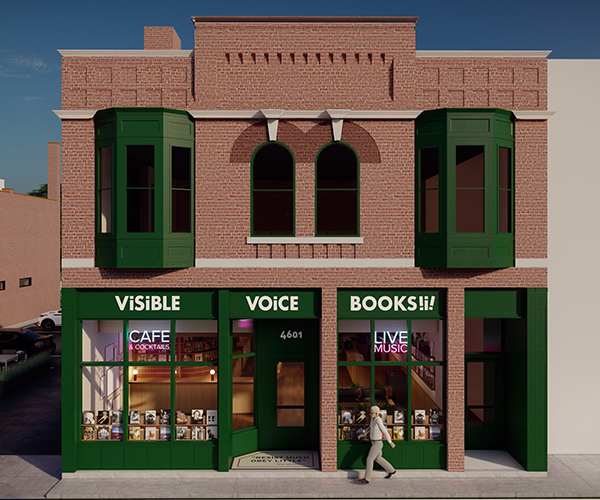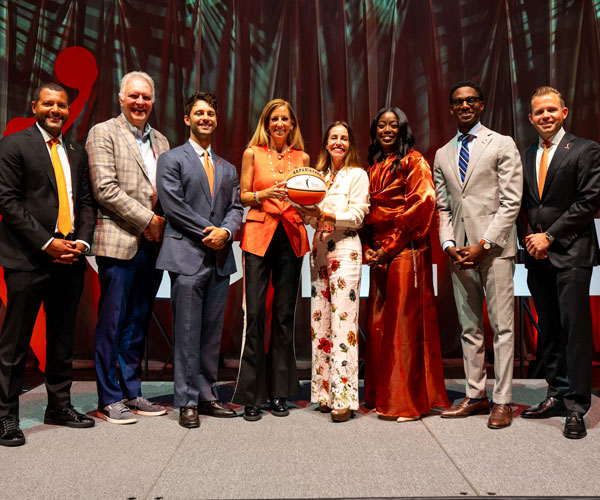This spring, eight Cleveland high-school students crafted one of the freshest, most original commemorations of the 50th anniversary of the U.S. Supreme Court's Brown v. Board of Education ecision. For their "Voices Across the Crooked River," an oral history/drama presented by the Living Legacy Project, they interviewed parents, students, lawyers, activists and former school-board members about Cleveland's school-desegregation program in the 1970s. Then, the students — all enrolled in the Cleveland Municipal School District's Early College, a three-year college-prep high school — wrote monologues and poems based on their interviews. Director Rasheryl McCreary added writing of her own ÃŒnd wove the students' work into a final script. It's one of several oral history-based works that McCreary's Living Legacy Project has created with student and adult groups across Greater Cleveland. The students performed at the Western Reserve Historical Society and on National Public Radio's "Tavis Smiley Show." We asked the students their opinions on the monologues they performed.
— Erick Trickey
"When the judgment hit, when that judge gave his order, saying that we would all have to get up at the crack of dawn to put our children on the bus to God knows where, it was like getting a draft notice. You know, you think you're secure. You watch your kid go off to school in the morning and you know that you'll see them at home later for lunch. I could walk to my daughter's school. I knew all of her teachers. I knew how she was being treated, who her friends were. I could find out if she got into trouble. If she got sick — I was there in a minute. Now, how am I going to be involved in her school life?"
— based on interviews with two Cleveland parents, one a former board member and teacher, the other an activist for neighborhood schools
"No matter where you put people, if people don't want to live there, then they won't live there. If people feel like they want their kids to go to a school system where they live, then that's where they'll move. It made sense to me because I understood people don't want their kids all the way on the other side of the city. If you move somewhere, that's where they want to be."
— Ta'Erra Binns McKinney, 15.
"I don't want to go to a white school and leave my school. My parents went to school here and so did my cousins. I love my teachers. They're like my aunts and uncles. Next year, I'm supposed to be in the cotillion. My white satin gown with the pearl necklace is hanging in the closet already. It's the same one my mother wore to her cotillion. But I guess there's no debutante ball for me. No matter how white my dress is, they'll never let this brown girl be a part of their cotillion."
— based on an interview with Cleveland resident Gail Thomas, who participated in a mandatory busing program as a child in South Carolina
"If I had been taken away from my school and all the students I know, and I had been put in a school where I felt unwelcome, I would have felt the same way. I wouldn't want to go to their school, just like she said. [It made me] happy to be where I am now, that people fought for me to be where I am now."
— Kwenica Rapley, 16.
How can we desegregate/If we aren't willing to integrate?/How can one man have so much hate/When my fate lies in his hands?/ Man/Can/We walk on the same sand/Or vacation on the same island/Without bland looks and words/Or feelings of terror/As if I'm an error/To mankind?/Why don't you want me here?/I bring nothing to fear."
— from a poem by Ashley Rodgers, 16
"It was about the white flight. When the black people were coming in, the white people were moving out. And we're like, 'How can you hate me so much, when my fate lies in your hands? You make the rules. You're the boss. I'm just a little person under you.' Because back then the white people were in control."
— Ashley Rodgers



